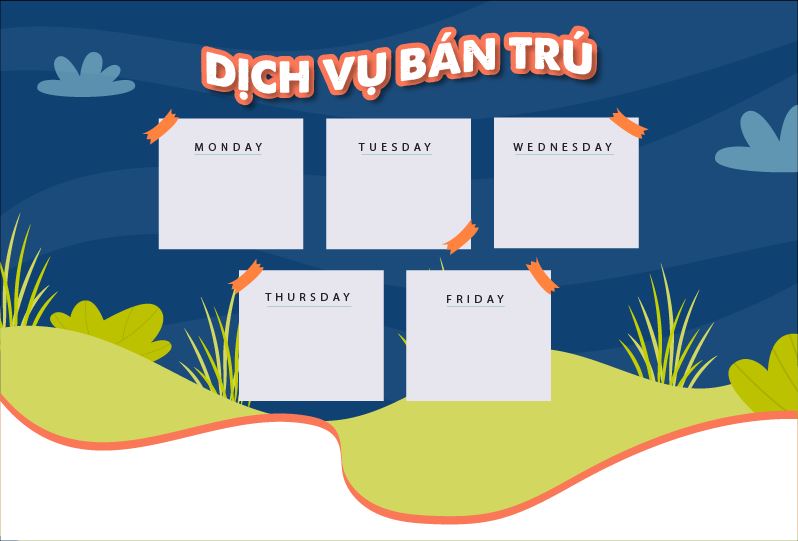Understanding and Preventing Measles
Date Submitted: 26/12/2024
According to the Ministry of Health, as of March 20, 2025, Vietnam has recorded 42,488 suspected measles cases, including 4,027 confirmed cases and 5 deaths. Cases have been reported in 62 out of 63 provinces and cities, with a high concentration in southern regions. Notably:
- Children aged 9 months to under 15 years are the most affected group.
- Over 95% of patients have not been vaccinated against measles or have an unknown vaccination history.
- The outbreak is rising in mountainous provinces with limited healthcare access and low vaccination rates.
Measles has no specific treatment and spreads easily through respiratory droplets or contact with contaminated surfaces. Crowded places such as public areas and schools pose a high risk of transmission. Vaccination is the most effective prevention method. Measles transmission can only be interrupted when community immunity reaches over 95%.
1. What is Measles?
Measles is an acute infectious disease caused by a virus that spreads through the respiratory tract or through direct contact with nasal and throat secretions from an infected person. Everyone is at risk, but children who have not been fully vaccinated are the most vulnerable. Measles can easily escalate into an outbreak.
2. Symptoms of Measles:
- High fever from 38.5°C to 40°C, headache, fatigue, vomiting.
- Severe complications may include otitis media, pneumonia, diarrhea, corneal ulceration, and encephalitis.
- A few days after infection, small white spots appear inside the mouth, especially on the inner cheeks.
Early detection of measles symptoms is crucial to prevent dangerous complications such as pneumonia, encephalitis, and severe eye damage.
3. Modes of Transmission:
- Measles is primarily transmitted through respiratory droplets from close contact with infected individuals.
- Occasionally, the virus can spread indirectly through objects contaminated with nasal and throat secretions.
- Measles has an extremely high transmission rate.
4. How to Prevent Measles:
Preventive Measures:
- Educate the community, especially students and parents, on essential measles information so that health authorities can collaborate in vaccination campaigns.
- Administer the first vaccine dose to all children aged 9-11 months and a booster dose at 6 years old as part of routine immunization.
- Conduct additional vaccination campaigns for children in high-risk areas with low immunization coverage.
- Use a tissue or hand to cover the mouth when coughing or sneezing.
- Wash hands before and after meals.
- Encourage students to get vaccinated if they haven't already, as vaccination is the most effective preventive measure.
- Maintain personal hygiene, and keep fingernails trimmed.
- Disinfect floors using Cloramin B disinfectant solution.
- Open windows and doors regularly to allow sunlight and ensure good ventilation in homes, classrooms, workplaces, and medical facilities.
Outbreak Control Measures:
- Immediately report outbreaks to preventive health authorities for proactive control measures.
- Isolate children with measles and prevent them from attending school for at least four days after the rash appears.
- In hospitals, patients with measles must be isolated from the onset of symptoms until the fourth day after the rash appears to prevent cross-infection.
5. Nationwide Measles Vaccination Campaign
Due to the risk of a measles outbreak, the Ministry of Health has launched a nationwide measles vaccination campaign:
- Phase 2 of the campaign is being implemented in 54 provinces and cities.
- Priority is given to children aged 6-9 months and 1-10 years who have not received enough doses.
- Vaccination rates among 1-10-year-olds are increasing, but further efforts are needed to achieve herd immunity.
Call to Action for Parents
To protect the community, parents are urged to:
- Ensure their children receive measles vaccination if they haven't or haven't completed the required doses.
- Follow health recommendations: Wear masks, wash hands regularly, and limit contact with suspected cases.
- Seek medical attention immediately if a child shows symptoms such as fever, rash, cough, or runny nose.
Together, we can prevent measles and protect public health!


























